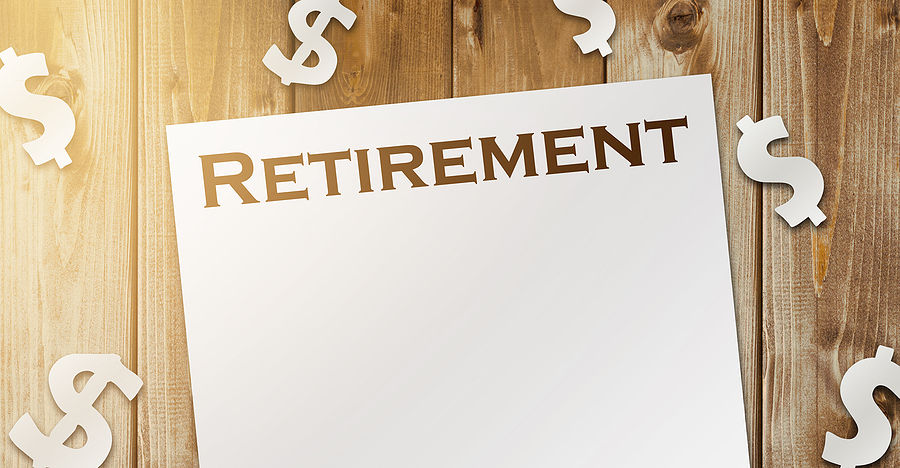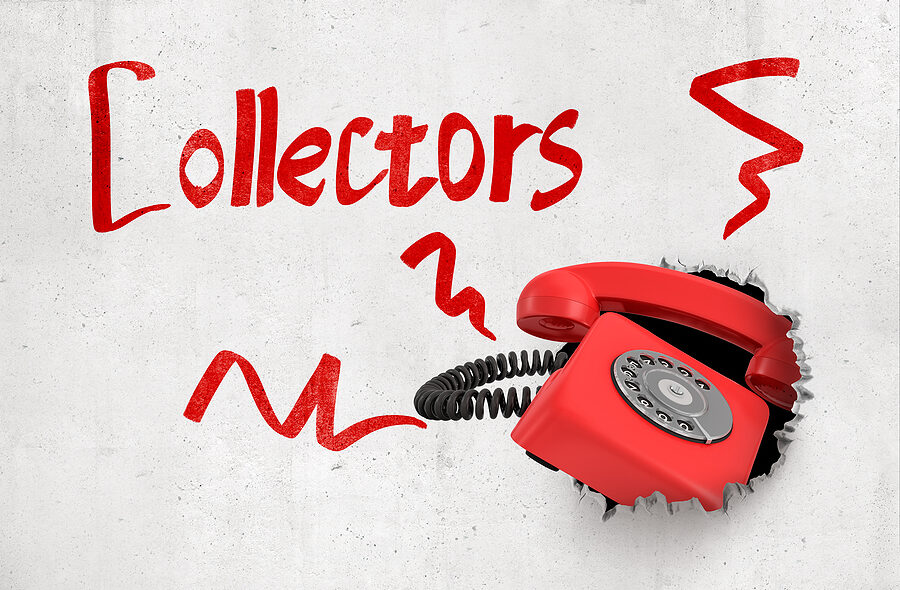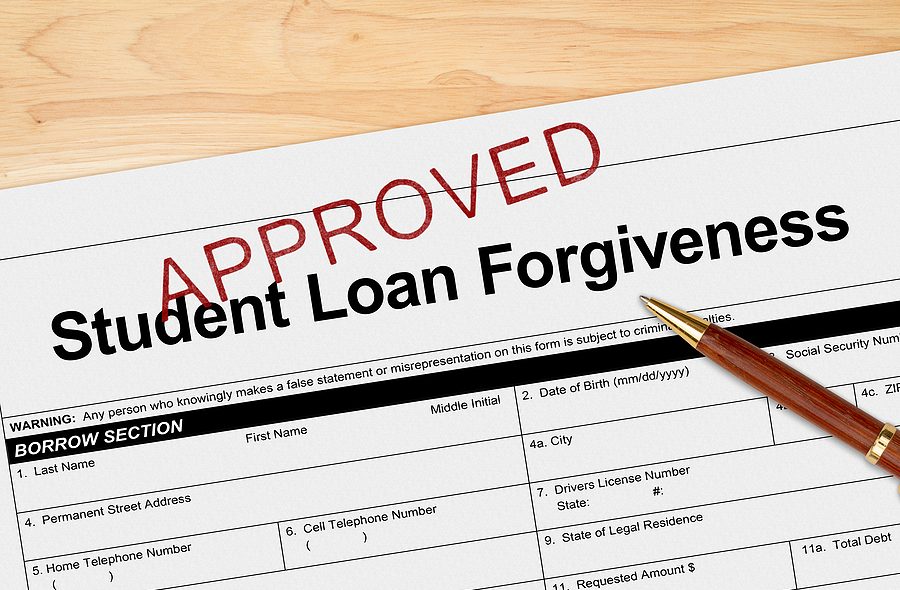Credit card debt presents a challenge for many Americans. This type of debt comes with higher interest rates and lack any potential tax benefits. Credit card debt should essentially ‘retire’ before you do, because it can eat into your savings and reduce your standard of living.
While paying down debt is important, saving for retirement should not be overlooked. Many times, consumers want to focus all their efforts on paying down outstanding debts, saying that they will start saving for retirement once they conquer their debts. By doing this, however, the consumer misses out on the returns that could be made on any money invested in his or her 20s and 30s. For example, if the consumer begins saving $200 a month, starting at age 20, he or she would likely have around $550,000 to $600,000 saved at an annual return rate of 6.5 percent. If he or she waited until he or she was 25 to save, that person would only end up with $435,000 at retirement.
The problem with credit card debt is the high interest rates, which can make paying a large balance off extremely difficult. Often, consumers will only end up paying the minimum amount owed from month-to-month, which only covers the interest that accrued from the prior month. This method not only prolongs paying off the credit card, but it also delays being able to set aside any money for savings for the future. For someone with a credit card balance of $6,300, carrying an interest rate of 17 percent, paying the minimum payments alone could mean it will take the individual 18 years to fully pay off the card.
The key is to learn how to do a combination of both, saving for retirement and putting enough money towards paying down debts. Not all consumers are able to pay balances off in full, but they should at least make more than the minimum monthly amount owed. Any additional amount will help towards paying down the principal. At the same time, any amount the consumer is able to put away towards retirement savings helps, even if the amount seems small. Savings of any amount is better than the alternative of not saving at all. As more and more debts are paid off, the consumer can take what he or she was using towards outstanding debt and put that amount towards retirement savings. Any amount of progress is better than no progress at all.
How are retirement accounts protected in bankruptcy?
The Federal Bankruptcy Code and Florida bankruptcy exemptions extend protection to various types of individual retirement accounts (IRAs) during a bankruptcy. This protection was solidified in 2005 with President George W. Bush signing the Bankruptcy Abuse Prevention and Consumer Protection Act (BAPCPA) into law.
Traditional IRAs and Roth IRAs are protected up to $1 million in value. The precise amount protected is currently $1,362,800. Adjustments are made every three years for inflation with the next one anticipated in 2022. The BAPCPA also states that bankruptcy courts have the discretion to extend additional protection to cover more than the amount allowed under the exemption.
Please click here to read more.
If you have questions on this topic or are in financial crisis and considering filing for bankruptcy, contact an experienced Miami bankruptcy attorney who can advise you of all of your options. As an experienced CPA as well as a proven bankruptcy lawyer, Timothy Kingcade knows how to help clients take full advantage of the bankruptcy laws to protect their assets and get successful results. Since 1996 Kingcade Garcia McMaken has been helping people from all walks of life build a better tomorrow. Our attorneys’ help thousands of people every year take advantage of their rights under bankruptcy protection to restart, rebuild and recover. The day you hire our firm, we will contact your creditors to stop the harassment. You can also find useful consumer information on the Kingcade Garcia McMaken website at www.miamibankruptcy.com.










